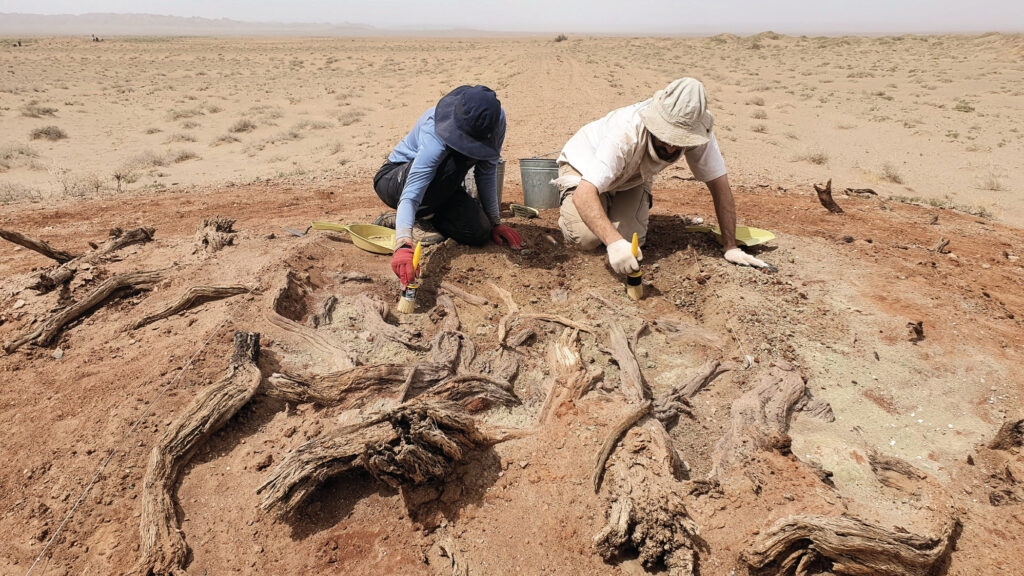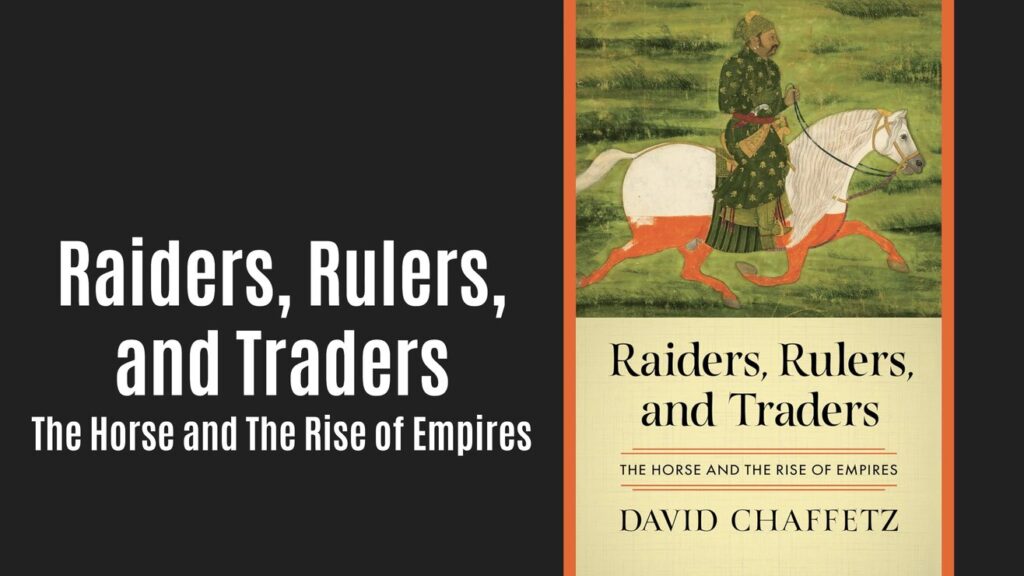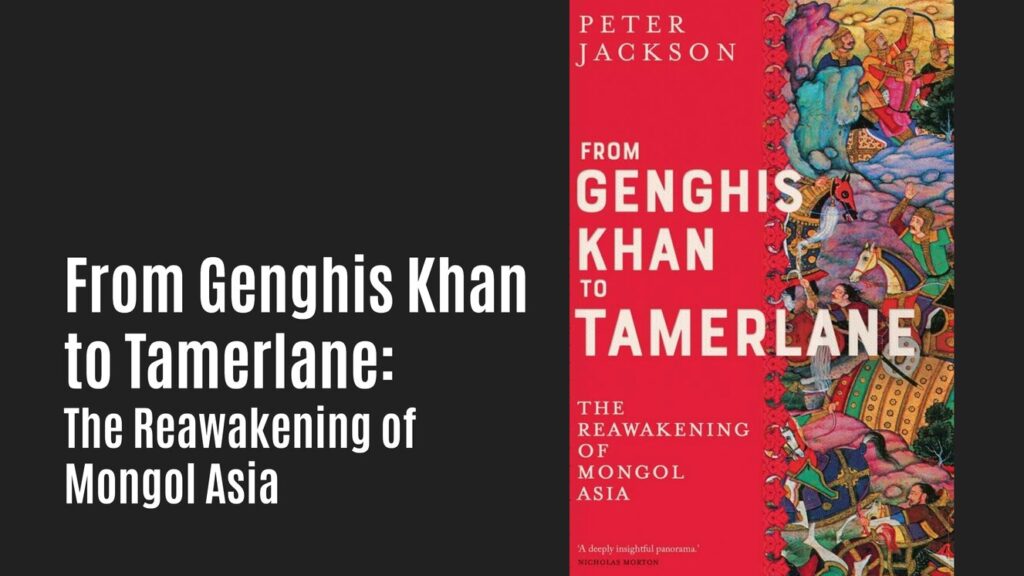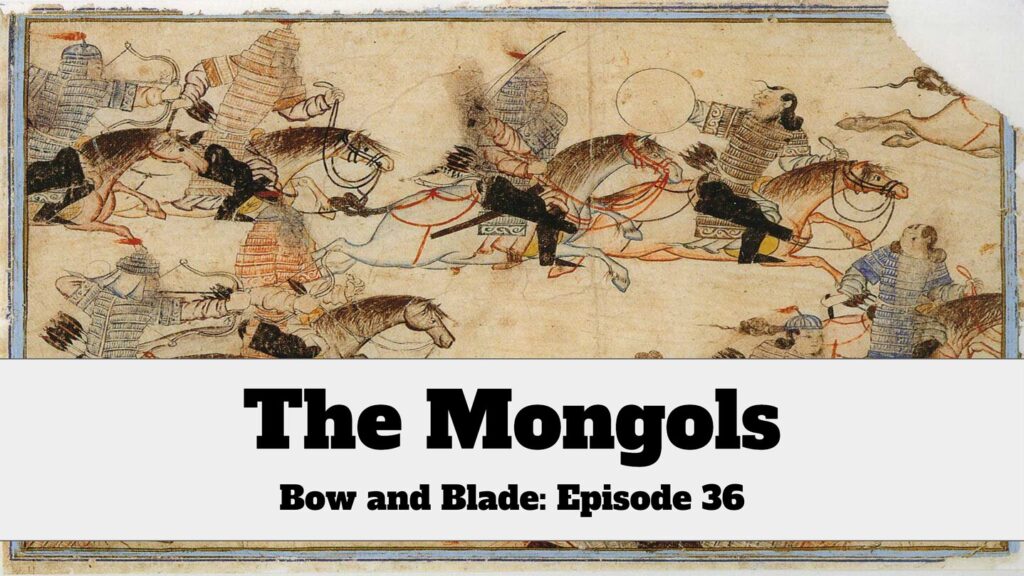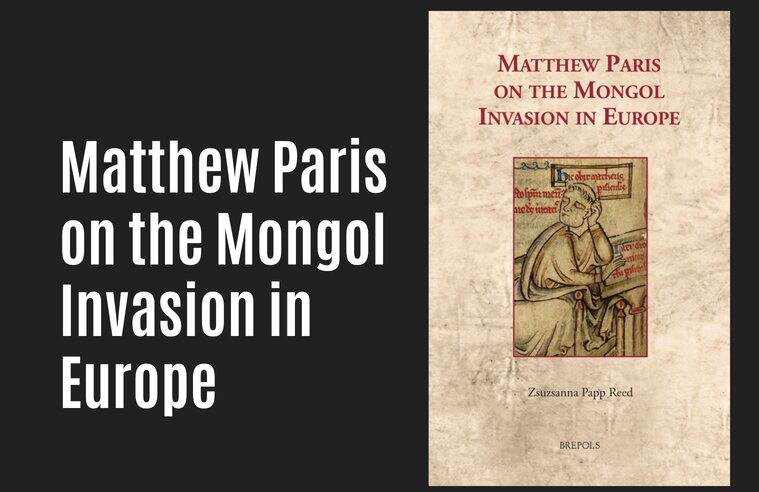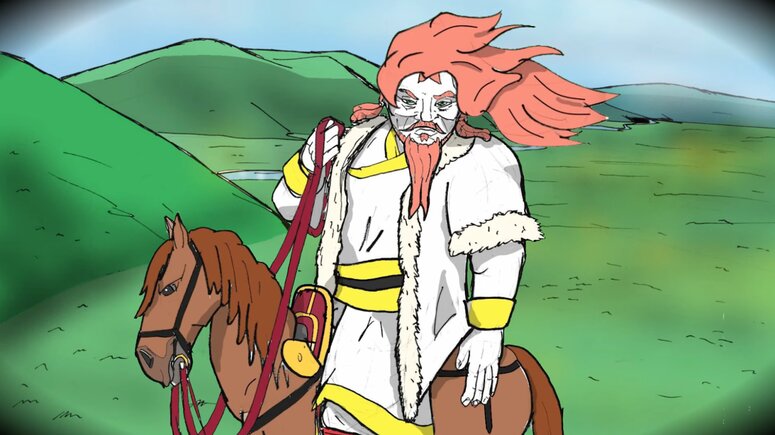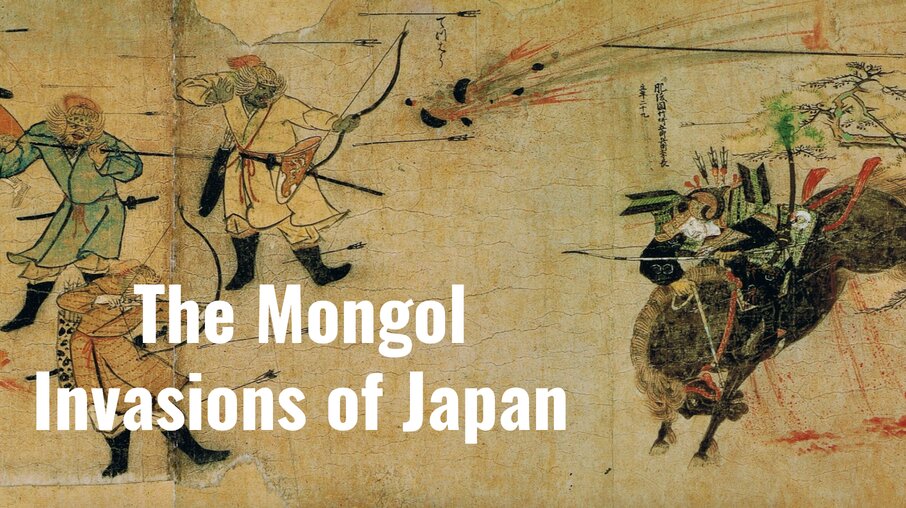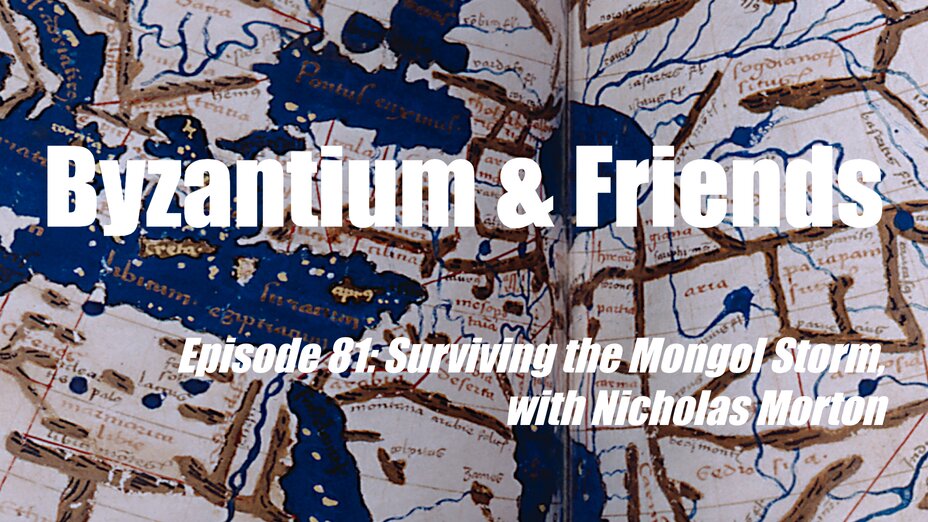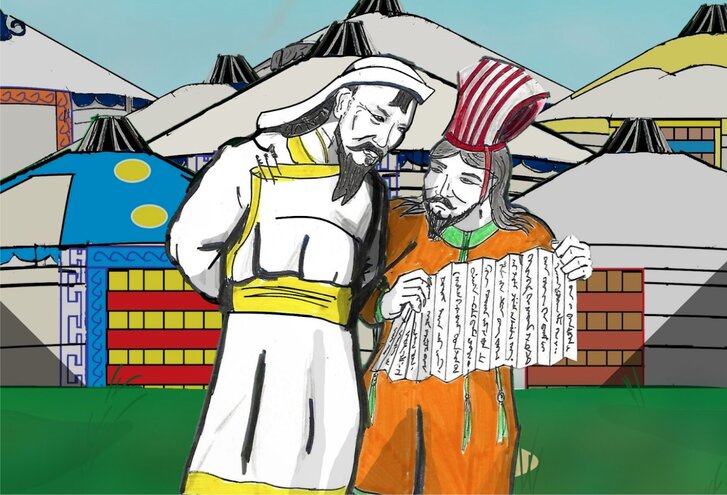Medieval Frontier Walls of Mongolia Reveal Surprising New Roles, Study Finds
New research reveals that Mongolia’s medieval wall systems served not only defensive purposes but also regulated trade, movement, and daily life on the frontier.
New Medieval Books: Daoist Master Changchun’s Journey to the West
An account of a three-year trip from China to the Mongol domain in the 13th century, this translation details the travels and experience of religious men as they enter a world very different from their own.
Shadow Empires, with Thomas Barfield – Byzantium & Friends, Episode 124
A conversation with Thomas Barfield about a distinctive category of empires that he has proposed in a new book, Shadow Empires: An Alternative Imperial History.
Afghanistan: A Forgotten Medieval Kingdom
Uncover the history of Afghanistan’s forgotten medieval kingdom, written about in a 14th-century chronicle but lost to time. Learn how this kingdom, ruled by a Kurdish dynasty, resisted Mongol dominance before fading from the historical record.
New Medieval Books: Raiders, Rulers, and Traders
A sweeping history from prehistoric times to the 20th century, this book examines how the horse helped shaped civilization along the Eurasian Steppe. Several chapters focus on medieval empires, including the Turks, Mongols and Timurids.
Elite Grave from Medieval Mongolia Uncovered
Archaeologists in Mongolia have unearthed an elite grave that sheds light on a little-known era before the rise of the Mongol Empire. This extraordinary find offers a rare glimpse into the lives of powerful individuals navigating political upheaval and shifting alliances on the medieval steppe.
New Medieval Books: Tajikistan’s National Epics
Here are translations of two works by a Tajik historian – the first deals with Al-Muqanna, an 8th-century military leader who rebelled against the Abbasid Caliphate, and the other is on Temur Malik, who fought against the Mongols in the 13th century. Both are important figures in medieval Central Asian history.
New Medieval Books: From Genghis Khan to Tamerlane
A look at how the peoples and states of Central Asia and Persia coped with the Mongol invasions and conquests, ranging from the Ilkhanate to the Timurids. Includes an in-depth examination of the warlord Timur and his impact on the region.
Mongols and their impact upon the Muslim Middle East
This is a video version of episode 26 of the podcast “‘Tis But A Scratch: Fact and Fiction About the Middle Ages,” hosted by Professor Richard Abels.
New Medieval Books: The Mongol Storm
This book examines how the medieval Middle East was reshaped by the invasion of the Mongol Empire in the thirteenth century. In this story of war and politics, new groups would emerge while others, including the Crusaders, would lose it all.
Medieval Siegecraft: Crusader vs Turkish vs Mongol
When it comes to sieges, which group was the most successful in the medieval Middle East: Crusaders, Turks or Mongols?
Escaping the Mongols: A Survivor’s Account from the 13th century
The story of Master Roger, one of the many people caught up in the Mongol invasion of Hungary in 1241.
New Medieval Books: Middle Imperial China, 900-1350
An overview of Chinese history during the Song and Yuan dynasties, covering its politics, international relations, religion, economics and more. Offers a look into time when China was deeply interconnected with its neighbours and other parts of the medieval world.
Astrology in Mongol Iran: foreign fascination or popular pastime?
In this discussion, I want to explore the popularity of astrology in the eastern Islamic world at the time of the Mongol invasion to ask the question of whether the Mongols were bringing anything new to the region or simply drawing on a deep and rich indigenous belief in the power of stars over mundane life.
Early medieval saddle discovered in Mongolia
The team’s radiocarbon dating pins the artifact to roughly around the year 420 AD, making it one of the earliest known frame saddles in the world.
New Medieval Books: The Secret History of the Mongols
A translation of a 13th-century account of the life and reign of Chinggis Khan, this is by far the most important source we have about the Mongols from the time they established their empire across Eurasia.
Yak milk was a popular drink in the Mongol Empire, study finds
The Mongol Empire reached the height of its power in the 13th century. It was also during this time that yak milk became a popular drink among its elite, a new study has found.
The Mongols
Michael and Kelly are joined by Nicholas Morton, author of The Mongol Storm, to discuss how Chinggis Khan and the Mongols were able to use their military power to conquer large parts of the world in the 13th century.
The Golden Coins of Chinggis Khan and the Early Mongol Empire
What coins can teach us about the Mongol Empire.
New Medieval Books: Matthew Paris on the Mongol Invasion in Europe
This book can be seen as a case study to help answer the author’s question: “What is history and how did Matthew view his duty as a historian?”
Did Chinggis Khan have red hair and green eyes?
A not uncommon claim on the internet is that Chinggis Khan, founder of the Mongol Empire, had red hair and green eyes.
The Mongol Invasions of Japan
In the thirteenth century, aided by suicidal courage, remarkable skill, and unbelievable luck, the samurai dared to resist the Mongol steamroller – and lived to tell the tale.
Surviving the Mongol Storm, with Nicholas Morton
A conversation with Nicholas Morton about the Mongol conquests of the thirteenth century, the terror that they inspired, and the strategies by which its targets tried to survive them. What did the Mongols think they were doing and how did the Byzantines use diplomacy to deflect the danger and even use it to their advantage?
Writing and the Mongol Empire
In 1204, the Mongolian warlord Temüjin adopted the Uighur script for his state and people. Two years later, he established the Mongol Empire and took the title of Chinggis Khan. What led an otherwise illiterate Mongol nomad to adopt a script, and how was it implemented in the new Mongol Empire? In this piece, we’ll look at the introduction and use of the written word in the early Mongol state.
The Mongol Storm with Nicholas Morton
This week on The Medieval Podcast, Danièle speaks with Nicholas Morton about the one hundred year rise of the Mongol Empire in the Near East, why they were so effective, and why they pursued global domination.
